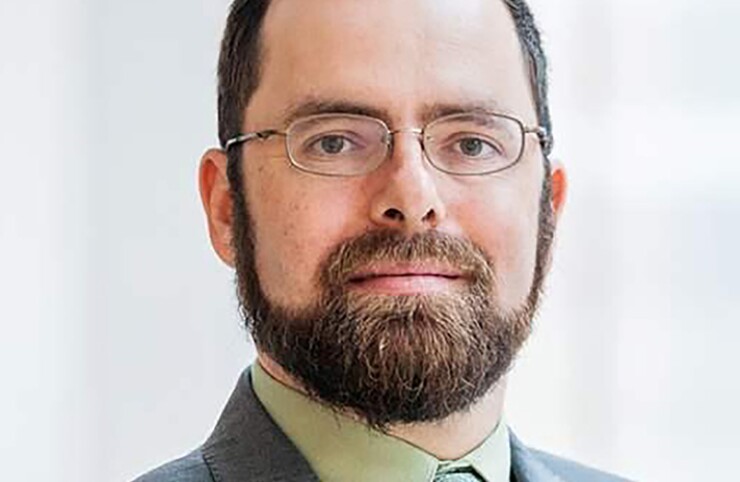
Numbers crunched by the Pew Charitable Trusts echo warnings from civil engineers that states are not keeping up with needed infrastructure investments.
"Most states do not expect to be able to keep key roads and bridges to a state of good repair," said David Draine, principal officer of public sector and retirement systems for Pew Charitable Trusts.
"Thirty-three states expect to miss at least some of their benchmarks for roadway conditions, preservation and maintenance funding over the next decade, and just 11 states were on track," he said.
The findings were in a Pew report released on Wednesday that analyzes the Transportation Asset Management Plans of states, largely released in 2022.
Twenty-four of the states reported a combined $86.3 billion funding gap for road and bridge repairs over 10 years, according to Pew.
"These states already expect to collectively spend $194 billion on [Transportation Asset Management Plan] roads and bridges over the next decade and would need to increase spending by 44% to reach the $280 billion required to close the shortfall," said Pew.
The states reporting no spending gap include Arizona, Nevada, Idaho, Montana, Hawaii, Wisconsin, Indiana, Ohio, Maine, and Florida.
The condition of infrastructure and future spending is popular with a surface transportation bill being hammered out in a
States tack their own fuel taxes on to pay for bridge and road repairs and may issue bonds for capital improvements.
The American Society of Civil Engineers also decries road conditions, awarding the country a grade of D-plus on its 2025 Infrastructure Report Card for roads, and a C for bridge conditions.
The ASCE estimates that investment needs a total of $9.1 trillion for all 18 report card categories to reach a state of good repair.
Solutions for bridging the gap remain varied.
"We've seen a range of approaches being considered," said Draine. "Whether it's looking at user fees, looking at other ways of directly taxing and charging for electric vehicles, whether it's indexing the gas taxes and making sure that they are sufficient."
The House Transportation and Infrastructure Committee laid the
Nearly 40 states have enacted registration or user fee surcharges on EVs and hybrids to help close funding shortages.
There has also been a
"The reauthorization of the Infrastructure Investment and Jobs Act is fast approaching in 2026, and policymakers have a pivotal chance to expand the role of private capital in infrastructure — particularly within the surface transportation portion of the bill," said Jon Phillips, CEO of the Global Infrastructure Investor Association.
"International investors stand ready to work in partnership with the administration and Congress to ensure that private capital helps deliver America's infrastructure renaissance."
The amount and form of federal help for roads and bridges remains uncertain.
"State policymakers will benefit from looking at this challenge proactively, asking the question today, before there's an acute crisis, about what will sustainably fund transportation," said Draine.





